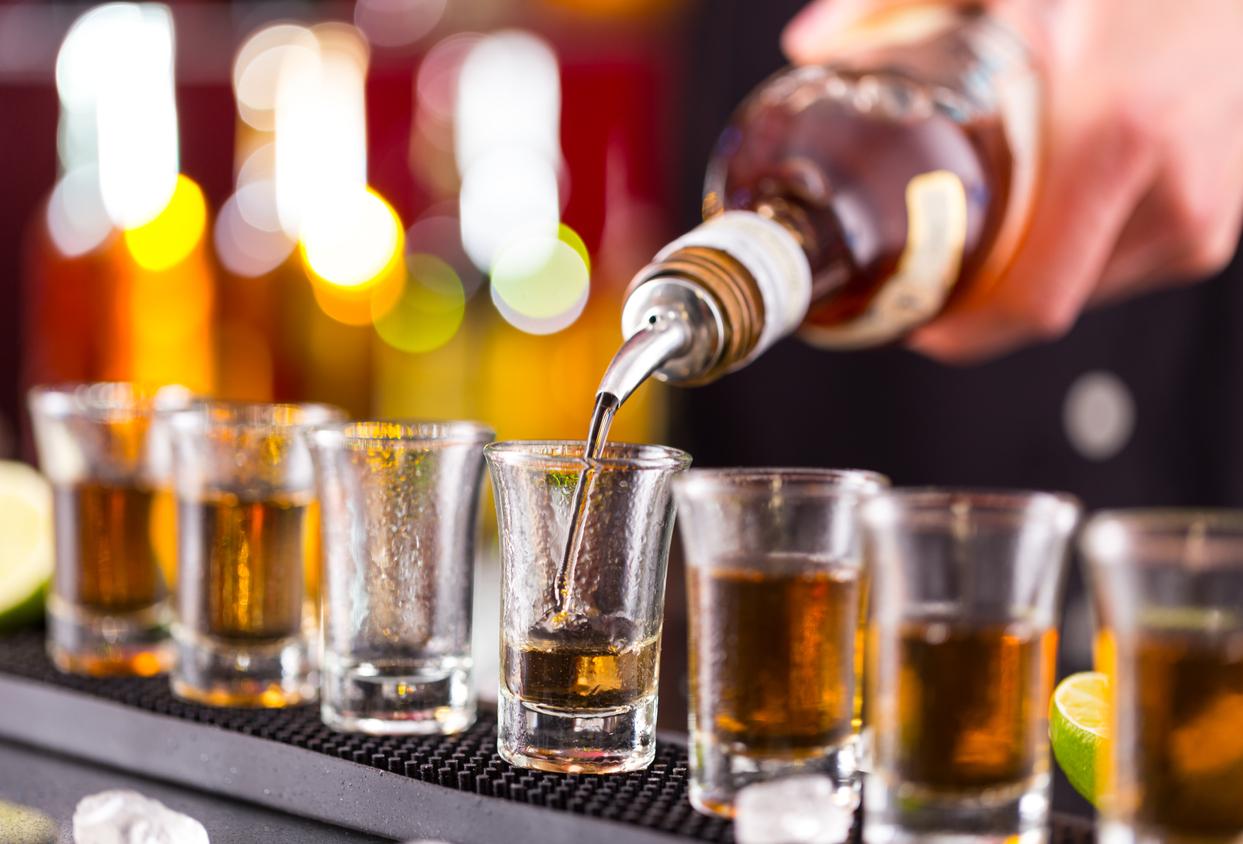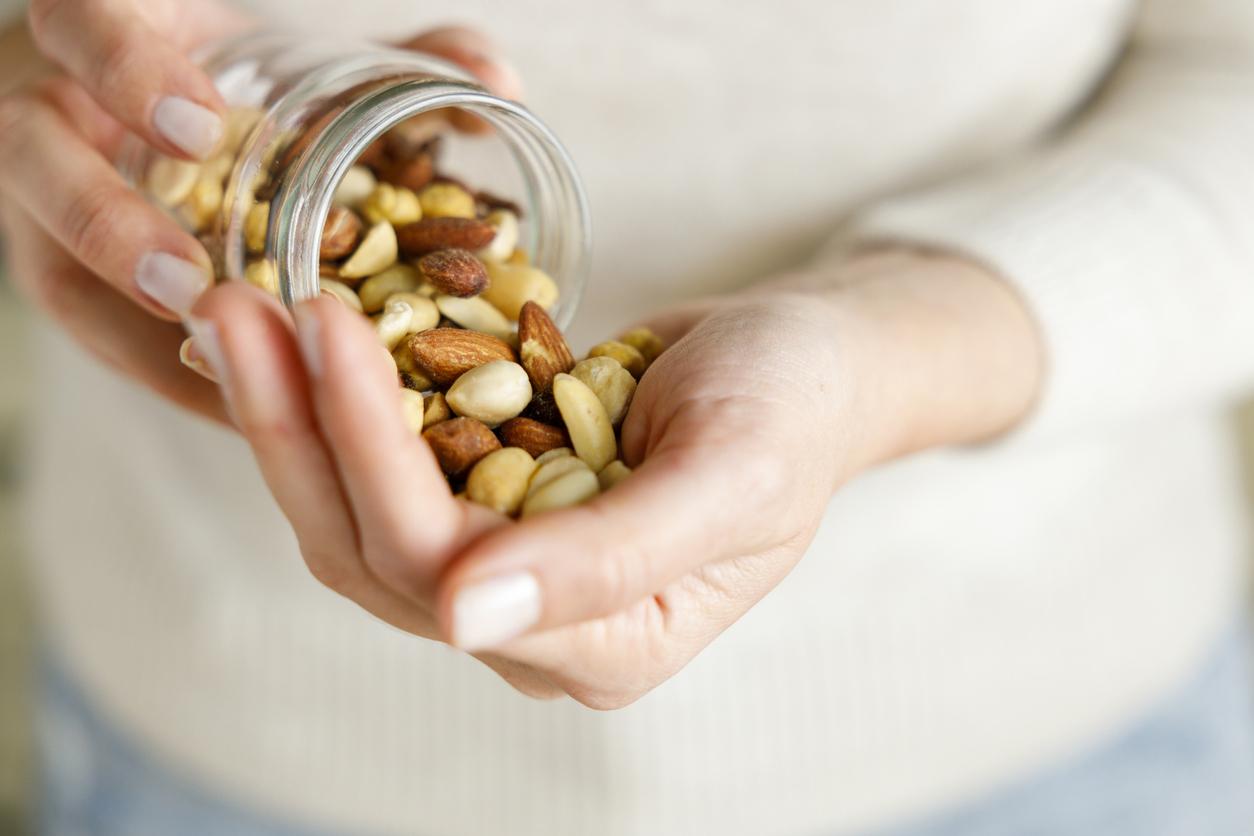Researchers have successfully sobered up drunk mice by injecting them with a hormone called fibroblast growth factor 21 (FGF21).

- A hormone called fibroblast growth factor 21 (FGF21) protects mice against the effects of ethanol.
- It is produced by the liver when it faces various metabolic stresses, including starvation, protein deficiency, simple sugars, and ethanol.
- Researchers have found that increasing the level of FGF21 by injection accelerates sobering up.
Headache, reduced reflexes, nausea… Waking up is often hard after an alcoholic evening, and we would like to be able to cancel the effects of our excesses with a simple remedy. The discovery by researchers at the University of Texas Southwestern Medical Center, featured in the journal Cell Metabolism could be a solution.
Drunkenness: FGF 21 by injection protects against the effects of alcohol
By carrying out studies on mice, the Texan team found that a hormone, called fibroblast growth factor 21 (FGF21), protects mice from the harmful effects of ethanol such as loss of balance or reflexes.
“We discovered that the liver is not only involved in alcohol metabolism, but also sends a hormonal signal to the brain to protect it against the harmful effects of intoxication, including loss of consciousness and coordination”the study’s co-lead author Steven Kliewer.
This is FGF21, a hormone produced by the liver in the presence of ethanol. Researchers have focused on this element because previous studies have shown that it reduces the craving for alcoholic beverages, encourages drinking water to prevent dehydration and protects against alcohol-induced liver damage.
By conducting tests on mice, “We have further shown that by increasing FGF21 concentrations even further per injection, we can significantly speed up recovery from intoxication. FGF21 does this by activating a very specific part of the brain that controls alertness”specifies the scientist in a press release from his university.
Alcohol: the hormone would help to sober up by acting on the brain
During testing, some rodents lacked the FGF21 hormone. The latter took longer to regain their reflexes and balance after exposure to ethanol. In contrast, injecting FGF21 reduced the time it took for mice to recover. Furthermore, the hormone had no effect on sedations caused by ketamine, diazepam or pentobarbital.
For the researchers, these results show that FGF21 acts only on ethanol. “FGF21 mediated its anti-intoxicating effects by directly activating noradrenergic neurons in the locus coeruleus region in the brain, which regulates wakefulness and alertness”they say.
The results suggest that the liver-brain pathway of FGF21 evolved to protect against ethanol-induced intoxication. According to the authors, this pathway can modulate a variety of cognitive and emotional functions to improve survival under stressful conditions. “Our studies reveal that the brain is the primary site of action for the effects of FGF21”confirms co-author David Mangelsdorf.
“However, it remains to be determined whether activation of the noradrenergic system contributes to the other effects of FGF21, in particular those on metabolism and the preference for ethanol and sugar”warn the two researchers.
















